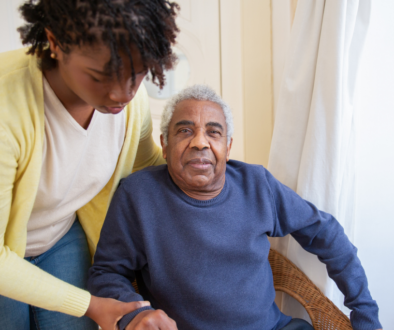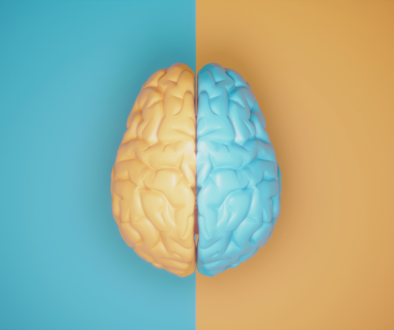Aromatherapy Benefits and Alzheimer’s Updates
Hello everyone!
We hope you all have enjoyed a happy holiday season, and are finding time to rest and recoup in the new year. To help you with this, our January Caregiver Connections support group meeting will focus on self care. Also, don’t forget about Mindful Mondays, during which Erin leads a short, ten-minute guided meditation to help start the week feeling centered and calm. Sheila Wheelock has written a piece about using essential oils to improve mood and reduce anxiety – keep reading to learn more.
We are also very excited to tell you that our new webpage is *almost* up and running! We will be testing it and should have it ready for you by the end of January. With this website you will have access to a calendar of events to help you keep track of all of our support groups, classes, workshops and more. We’ll also have a blog to keep you up to date on helpful tips, dementia-related news and inspirational thoughts to keep you focused on the positive. Keep an eye for a launch in the next few weeks!
Happy New Year!
The Memory Partners Team
Dementia News Spotlight
New drug, old controversy
If you were paying attention to the news in early January, you probably saw that another new drug developed to treat Alzheimer’s Disease was fast-tracked for approval by the FDA. You may also have seen that Medicare will not cover it, making it accessible only to those who can afford to pay for it out of pocket. Let’s take a closer look.
(Lecanimab) recently received fast-track approval for use by the FDA.
Medicare is currently denying coverage for the drug, which is common practice for new, relatively untested medications. Alzheimer’s Association understandably sprang into action, calling the decision to deny coverage unacceptable. They, along with Alzheimer’s Impact Movement, filed a formal request for Medicare to provide full, unrestricted coverage for treatments for Alzheimer’s treatments.
Safety Tips
Holistic Health
An often over-looked factor in home safety is a person’s sense of well-being. Maintaining a sense of calm and comfort can reduce confusion-related falls and other injuries. Aromatherapy with essential oils is fundamental in helping balance the body, mind and spirit.
Scientists have found that rosemary oil has improved cognitive performance in healthy adults and may enhance the ability to remember events. Also, it helps people keep future tasks in mind.
Many new studies have shown that the use of aromatherapy benefits people living with dementia by stimulating the part of brain that is linked to regulation of emotions. Essential oils of can aid in depression, reduce pain and promote relaxation.
Lavender, bergamot, and lemon balm, can help calm and suppress agitation, aggression, and other psychotic symptoms.
Citrus & Peppermint are a natural energizers, peppermint relieves muscle/joint pain, reduces headaches and fever, and improves digestion; as does ginger.
Clary sage aids depression, anxiety, stress, and will uplift mood.
Ylang ylang alleviates anxiety and lowers blood pressure in some people; beneficial for relaxation, helps to fall asleep faster and for headaches.
Essential oils (preferably 100% pure therapeutic) are used by inhalation or absorption with application to the skin. Some essential oils can be irritating to the skin and must be diluted with a carrier oil such as unrefined, virgin coconut oil, or not applied on sensitive skin areas to reduce skin irritation. They can be added to a diffuser machine with water to dilute, or drops added to homemade rice bags for compress.
The use of aromatherapy as a complementary treatment for dementia symptoms has gained vast popularity. Though many studies are still needed to provide further evidence of the health benefits of aromatherapy in dementia, evidence-based studies have shown promising results.
Pets can be sensitive to essential oils. It’s a good idea to check with your vet before using them in your home if you have concerns.
To learn more, click these links:
www.sciencedirect.com/science/article/pii/S2213422021000342
https://www.sciencedaily.com/releases/2010/01/100113122306





